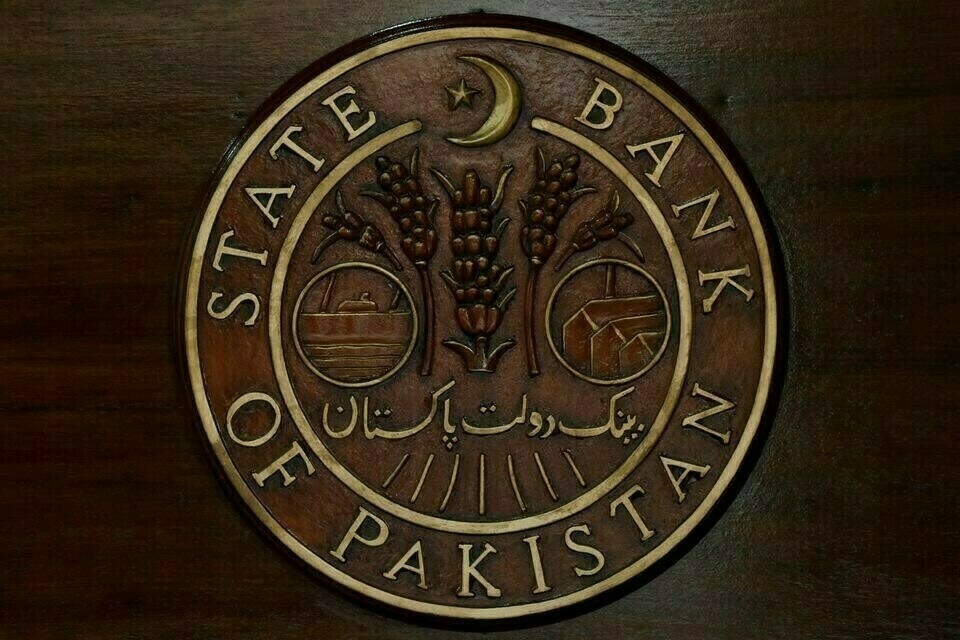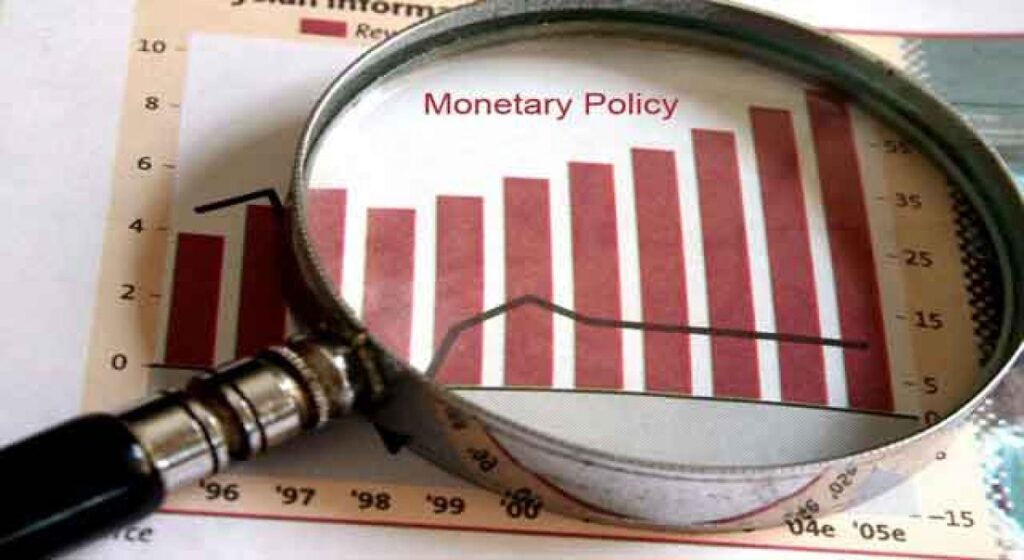The Monetary Policy Committee (MPC) held its meeting on December 12, 2023, and opted to maintain the discount rate, despite recognizing a substantial surge in gas prices. This decision was made in light of the noteworthy increase of 1108.59 percent in the first quarter of the current year, as reported by the Pakistan Bureau of Statistics (PBS). This figure, a key parameter within the ongoing Stand-By Arrangement (SBA) with the International Monetary Fund (IMF), was offset by mitigating factors such as the decline in international oil prices and elevated agricultural output—a typical outcome following a flood year.
The Monetary Policy Committee (MPC) has maintained the policy rate at 22 percent, a decision sustained over the last three consecutive meetings despite earlier raising it by 100 basis points on July 26. Contrary to expectations outlined in monetary policy statements, inflation has not shown a significant decline.
While headline inflation was 28.3 percent in July, prompting the rate hike, it only marginally decreased to 26.8 percent in October and then rose to 29.2 percent in November.

Core inflation, as per the Pakistan Bureau of Statistics (PBS), contradicts claims of a gradual decrease, standing at 18.6 percent in November, up from 18.5 percent in October. Independent economists and Business Recorder’s weekly surveys suggest that PBS inflation calculations may be overly optimistic.
Discrepancies also exist between data released by the PBS and the State Bank of Pakistan (SBP). For instance, the assertion that workers’ remittances improved in October is questioned, as it may have been influenced by temporary factors.
Additionally, the claim that the successful completion of the Stand-By Arrangement’s (SBA) first review will “unlock financial inflows and improve the SBP’s foreign exchange reserves” is challenged, as international rating agencies have not upgraded the country since the SBA agreement in June 2023.
Tax and non-tax revenue have increased, but the tax-to-GDP ratio remains below 10 percent, necessitating more concerted efforts from the Federal Board of Revenue to broaden the tax base. The petroleum levy, a significant contributor to non-tax revenue, may face challenges if international oil prices rise.
Consumer and business confidence surveys indicate an improvement in sentiment, but concerns about import constraints and high costs for exporters persist. The MPC acknowledges the need for vigilance in safeguarding the banking system, as highlighted by the IMF.
The decision to maintain the discount rate at 22 percent is seen as aligned with the IMF’s concurrence during discussions on the first review, emphasizing adherence to the agreed SBA conditions rather than reflecting current economic fundamentals.
The hope is that the government will now shift focus to implementing structural reforms to improve macroeconomic fundamentals.

